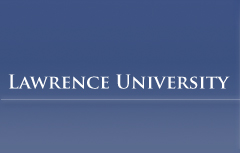Document Type
Honors Project
Publication Date
Spring 5-29-2013
Abstract
This work examines philosophical solutions to David Hume’s problem of induction—a skeptical attack on our ability to learn from experience. I explore the logical, ontological, and epistemic difficulties behind the everyday assumption that the future will resemble the past. While historical solutions by philosophers such as Bertrand Russell and Karl Popper have been unsuccessful at tackling these complications, combining recent work on natural kinds and naturalistic epistemology has promise. Ultimately, I expand on work done by Howard Sankey, Hilary Kornblith, and Brian Ellis to create an account of nature and epistemology that explains why objects in nature have predictable behavior. I find Sankey's solution incomplete, but I fix the major I identify and show why the work by Sankey builds into a powerful solution to Hume's problem.
Level of Honors
magna cum laude
Department
Philosophy
Advisor
Thomas Ryckman
Creative Commons License

This work is licensed under a Creative Commons Attribution-Noncommercial-Share Alike 3.0 License.
Recommended Citation
Landes, Ethan, "Learning from Experience: A Philosophical Perspective" (2013). Lawrence University Honors Projects. 49.
https://lux.lawrence.edu/luhp/49

Comments
Advisor: Thomas Ryckman
Level of Honors: magna cum laude